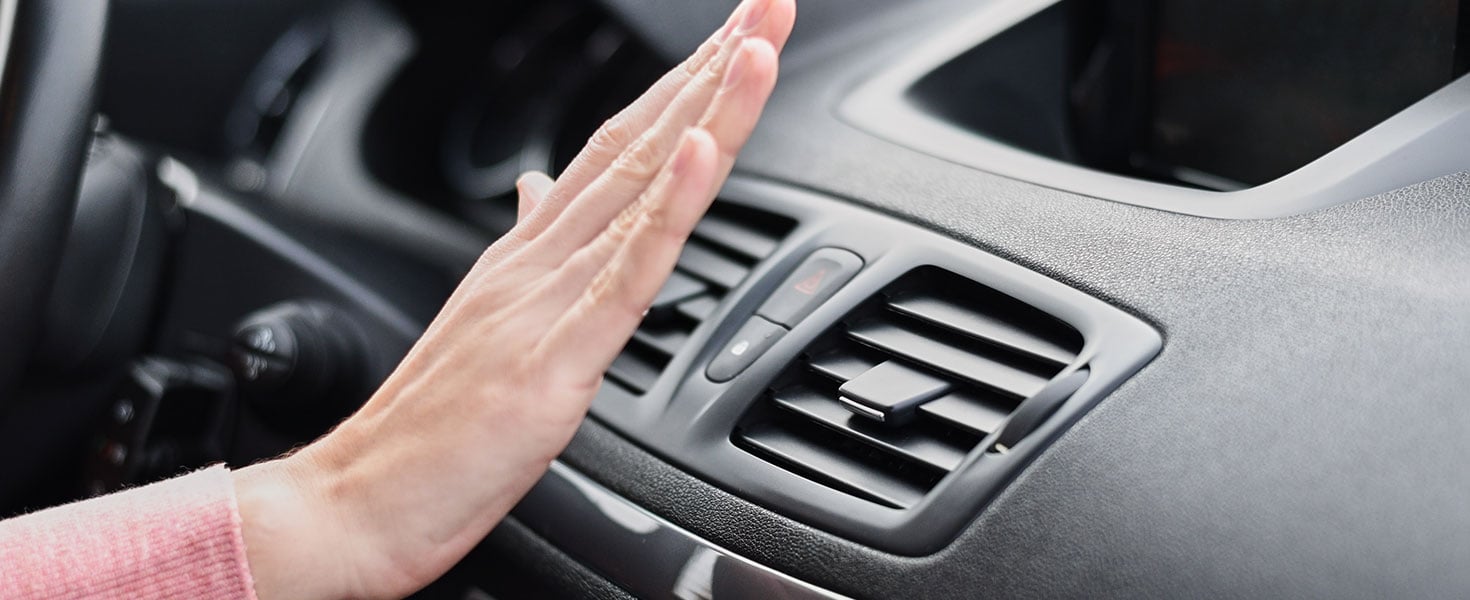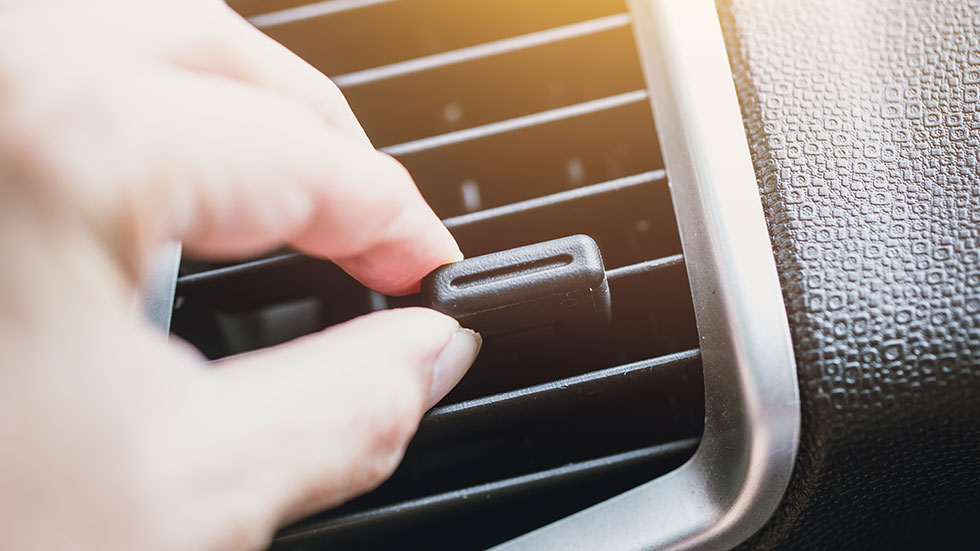3 Possible Reasons You Need Car AC Repair
Signs of failing air conditioning, diagnosing the cause of broken car AC, and when to see a local mechanic


While not critical to keeping a vehicle running reliably, a car's air conditioning (AC) system certainly makes it more comfortable for drivers and their passengers while traveling from point A to point B in the heat of summer.
As with every component, you’ll eventually find yourself needing vehicle AC repair. So, if your AC isn't blowing cold air like it used to or has quit working altogether, understanding some of the reasons why AC's go bad can help diagnose the issue and give you an idea of how expensive the AC repair will be. Sometimes, all you’ll need to know is how to recharge a car AC, but others will require more extensive vehicle air conditioning repair.

WHAT CAUSES AN AC TO BREAK?
The AC in your car works in much the same way as your home HVAC or window unit does. It features an enclosed system of tubes and hoses that hold refrigerant, which is compressed from gas to liquid to transfer heat. The cooled refrigerant is then pumped through the system and a blower pushes air across the cooled coils to send cold air into your vehicle's passenger compartment. The AC system is powered by belts and pulleys attached to your running engine, so if any of its components experience a problem, it can cause the whole system to quit working.
Because the AC system is complex and features many components, issues can be difficult to diagnose. Below are a few common reasons AC's quit working, but to properly diagnose issues with your car's AC, you should see your mechanic.
Refrigerant Leak: A refrigerant leak is the most common cause of a broken AC. If there is a leak at any point in the system of hoses and connectors, the refrigerant will escape and the AC will quit working. Leaks can be addressed temporarily by refilling the system with refrigerant, but this gets expensive quickly and is very bad for the environment as refrigerants in their gaseous state are pollutants.
Compressor, Condenser, & Evaporator Issues: These components are together responsible for moving refrigerant through your AC system, compressing the refrigerant in its gas state to a liquid, and cooling the air your AC blower sends into the passenger cabin of your car. Should any of these components experience an issue, your AC system will stop cooling the air it blows into your car.
Worn Belts & Debris: Your AC is powered by belts attached to your engine. If any of these belts are worn or go bad, they can cause your AC to quit working. Additionally, if debris gathers in any of the AC's intake vents or clog the flow of refrigerant through the system, this can also cause it to stop working.

WHAT ARE SYMPTOMS OF A DYING AC?
If you experience any of the following issues, your AC system may need some attention to keep it working properly.
Poor Airflow: Weak airflow can happen for a number of reasons (as outlined above), but the major culprits are a broken compressor, clogged refrigerant tubing, a blown fuse, or even a broken blower motor.
Musty Smells: A malfunctioning evaporator can collect mold and mildew, leading to dank and musty smells in the cabin. If you notice these, particularly when starting your AC, you should see a mechanic.
AC Suddenly Warms: If your AC suddenly begins blowing hot or warm air, this can indicate a clog in the refrigerant system that's keeping it from flowing properly or a broken compressor that's not maintaining the proper pressure.
Broken ACs are no fun and can leave you wondering how much to fix a car AC. That's why you should visit your local mechanic at the first signs of AC problems. By addressing issues like leaks or clogs when they appear, you can prevent undue wear and tear on other parts that might be more expensive to fix.
